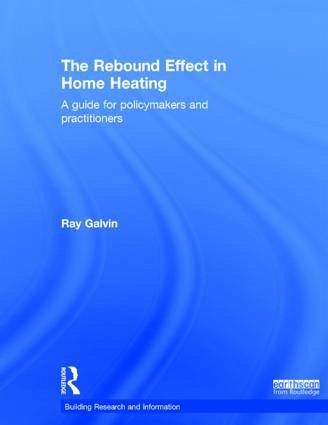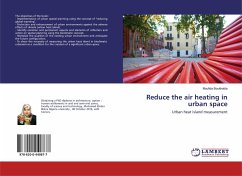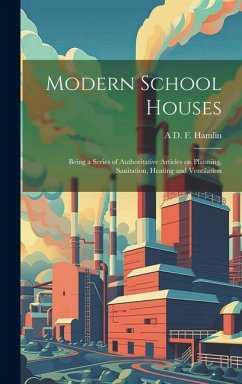
The Rebound Effect in Home Heating
A guide for policymakers and practitioners
Versandkostenfrei!
Versandfertig in 1-2 Wochen
147,99 €
inkl. MwSt.
Weitere Ausgaben:

PAYBACK Punkte
74 °P sammeln!
This is a definitive guide to the rebound effect in home heating - the increase in energy service use after a technological intervention aimed at reducing consumption. It sets out what the effect is, how it plays out in the home heating sector, what this implies for energy saving initiatives in this sector, and how it relates to rebound effects in other sectors.














